Quantum Speedup – Quantum Computers Are Better at Guessing
Quantum computing has been a buzzword in the tech world in recent years, with many scientists and researchers touting its potential to solve complex problems more efficiently than classical computers. And now, a team of researchers has achieved a quantum speedup advantage in a “bitstring guessing game,” demonstrating that quantum computers could solve certain problems faster than conventional computers, even in the noisy intermediate-scale quantum (NISQ) era, where quantum computers are still prone to errors or noise.
The Bitstring Guessing Game

The researchers, Daniel Lidar, a professor at USC, and Bibek Pokharel, a research scientist at IBM Quantum, used a bitstring guessing game to evaluate the quantum computers’ performance. In this game, the computer has to guess a hidden bitstring of a fixed length, with each guess followed by a feedback bit indicating whether the current guess is closer to or farther from the correct answer.
The Quantum Algorithm and Noise Suppression Technique
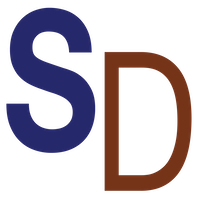
Quantum computers can make quantum superposition-based guesses to identify the correct answer in just one guess. To achieve this, the researchers adapted a noise suppression technique called dynamical decoupling. After several refinements, the quantum algorithm functioned as intended, with the time to solve problems growing more slowly than with any classical computer.
Overcoming Noise in the NISQ Era
Quantum computers are often hindered by errors or noise, especially in the noisy intermediate-scale quantum (NISQ) era. To overcome this, the researchers had to improve the quantum algorithm’s performance by suppressing errors typically seen at this scale. Their breakthrough suggests that quantum solutions will eventually be quicker for sufficiently long bitstrings than classical ones.
Quantum Advantage in Scaling Time
By measuring the time-scaling it takes to find the solution, the study conclusively demonstrates that with proper error control, quantum computers can execute complete algorithms with better scaling of the time it takes to find the solution than conventional computers, even in the NISQ era.
About the Researchers
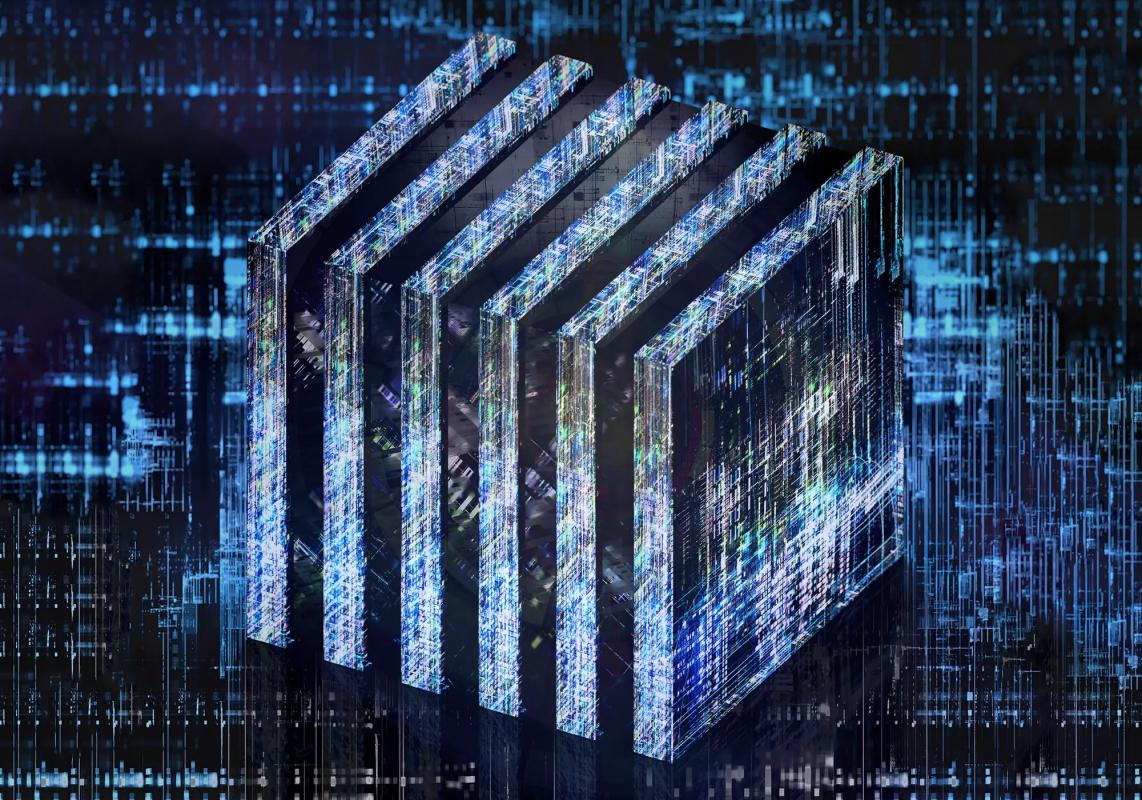
Dr. Daniel Lidar is a Viterbi Professor of Engineering at USC and the Director of the USC Center for Quantum Information Science & Technology. He has worked extensively in quantum computing and was one of the first to propose an algorithm for quantum error correction. Bibek Pokharel is a research scientist at IBM Quantum, with a Ph.D. in Applied Physics. His research focuses on developing quantum error correction codes and quantum machine learning algorithms.
Gerd Duscher’s Upcoming Lectures
The upcoming lectures of the virtual summer school on Machine Learning for Electron Microscopy will be given by Gerd Duscher. He will introduce the basic principles of STEM-EELS and explain the quantification of the imaging and spectroscopic data. With more than 30 years of experience in STEM, Gerd has been an integral part of the PyCroscopy project. He has been teaching electron microscopy courses at the University of Tennessee and using Google Colabs as a primary medium.
Quantum Computing’s Potential
The researchers’ achievement highlights the potential of quantum computing to revolutionize several sectors. Quantum computing’s faster processing power can be used in a variety of fields, from finance to medicine, and could help solve several complex problems currently beyond the scope of classical computing.
The Future of Quantum Computing
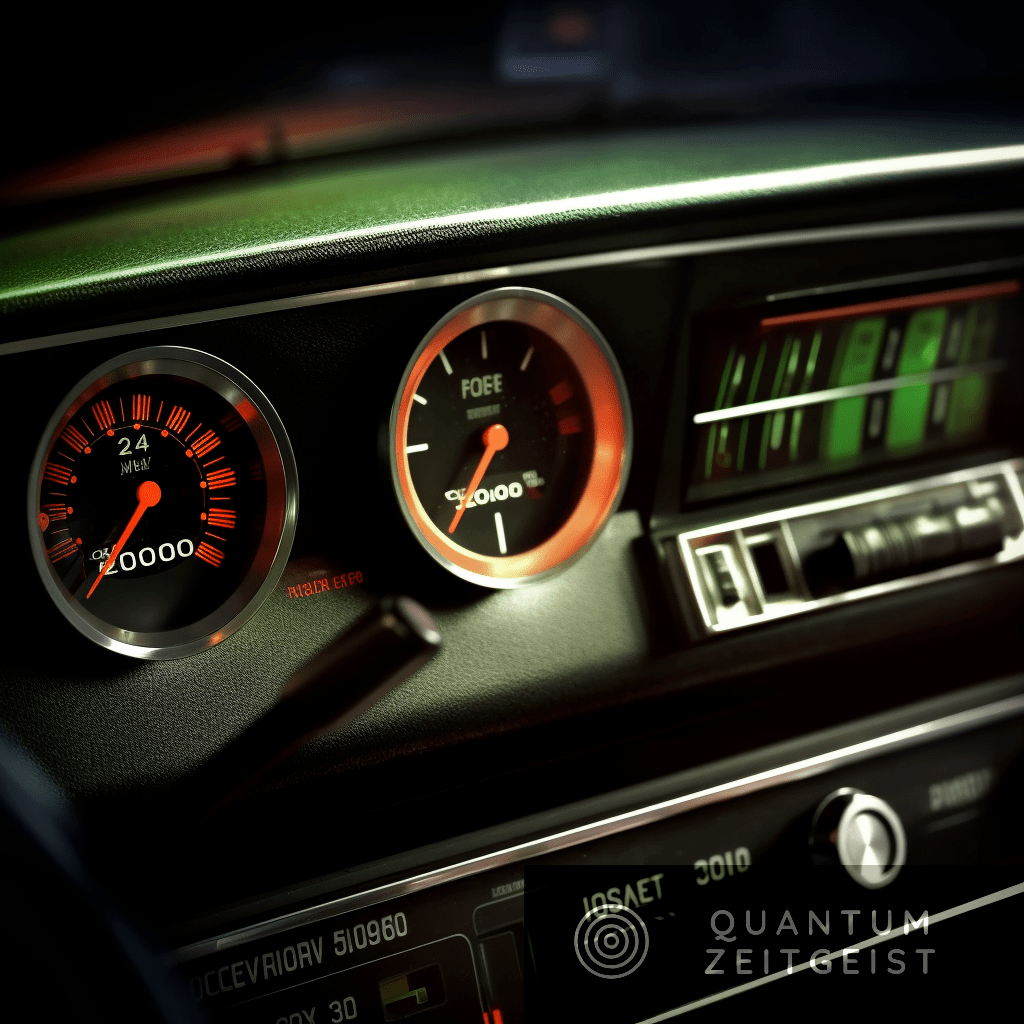
Quantum computing holds great promise as a technology that will transform the way we solve problems. While it is still in its infancy, scientists and researchers are rapidly advancing the field, and its potential is vast. As the technology continues to improve, it will become increasingly feasible to implement and use practical quantum computing solutions that can help answer some of the most pressing questions facing humanity today.
The Potential Impact of Quantum Speedup
Quantum speedup has the potential to change the game in several fields. For instance, the ability to detect tiny cancerous cells in a patient’s body could be improved with quantum computing algorithms. Quantum computing could help reduce energy consumption by enabling more efficient battery designs or optimizing energy grids.
Quantum Computing’s Limitations
Despite quantum computing’s potential to revolutionize several fields, it still has some limitations that researchers are working to overcome, such as combating noise, increasing the number of qubits, and developing better quantum error-correcting codes.
Conclusion
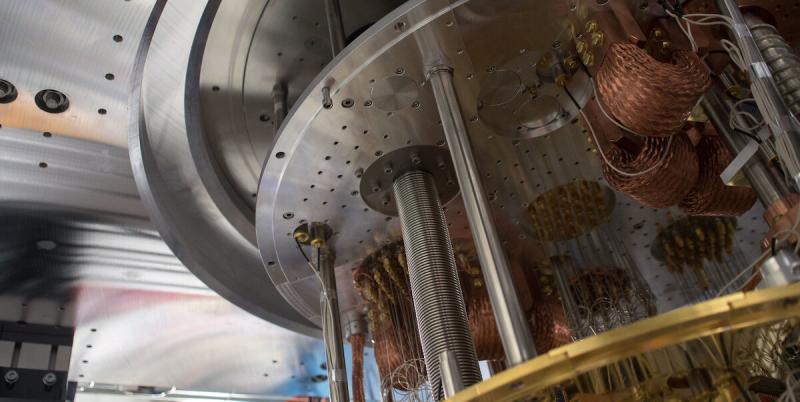
Quantum computing is set to transform several fields in the coming years, from finance to healthcare, with the potential to solve problems that have evaded classical computing solutions. Researchers are continuously pushing the boundaries of quantum computing, working to overcome the technology’s challenges and limitations.
FAQs
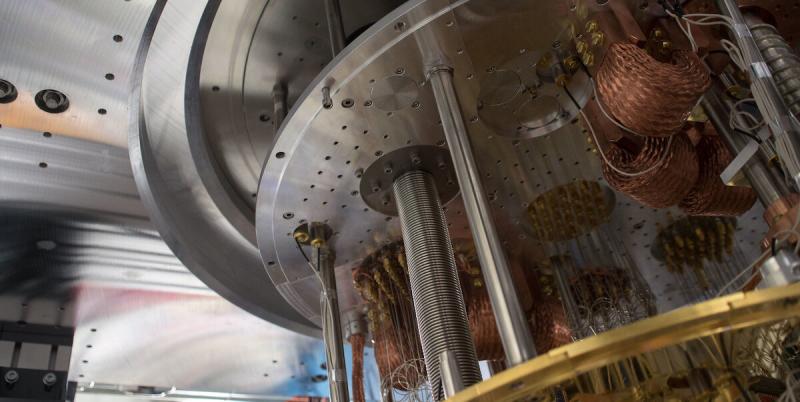
1. What is quantum speedup?
Quantum speedup occurs when a quantum computer solves certain problems faster than classical computers.
2. What is the bitstring guessing game?
The bitstring guessing game is a game where a computer has to guess a hidden bitstring of a fixed length, with each guess followed by feedback indicating whether the current guess is closer to or farther from the correct answer.
3. What is the NISQ era?
The NISQ era refers to the current period where quantum computers are still prone to errors or noise and cannot yet perform complex computations.
4. What are the potential applications of quantum computing?
Quantum computing has the potential to transform several fields, from finance to healthcare, and can help solve problems that have evaded classical computing solutions, such as detecting tiny cancerous cells or optimizing energy grids.
5. What are the limitations of quantum computing?
Quantum computing still has some limitations, such as combating noise, increasing the number of qubits, and developing better quantum error-correcting codes.

